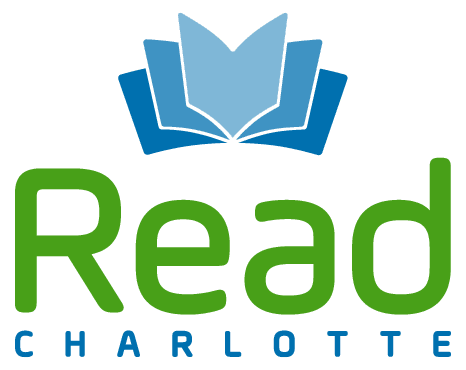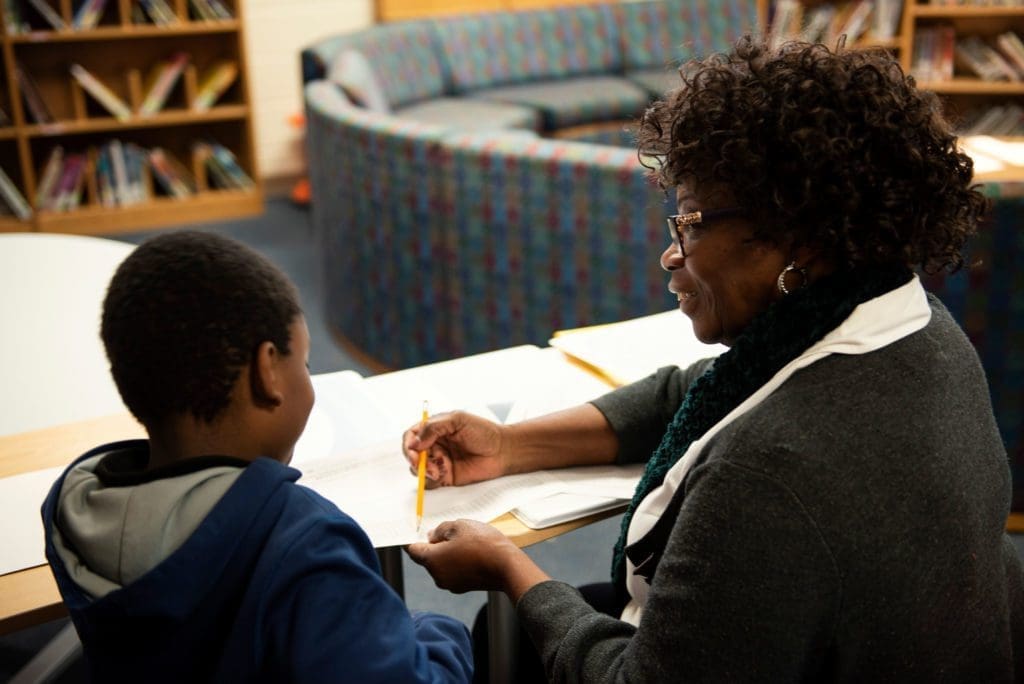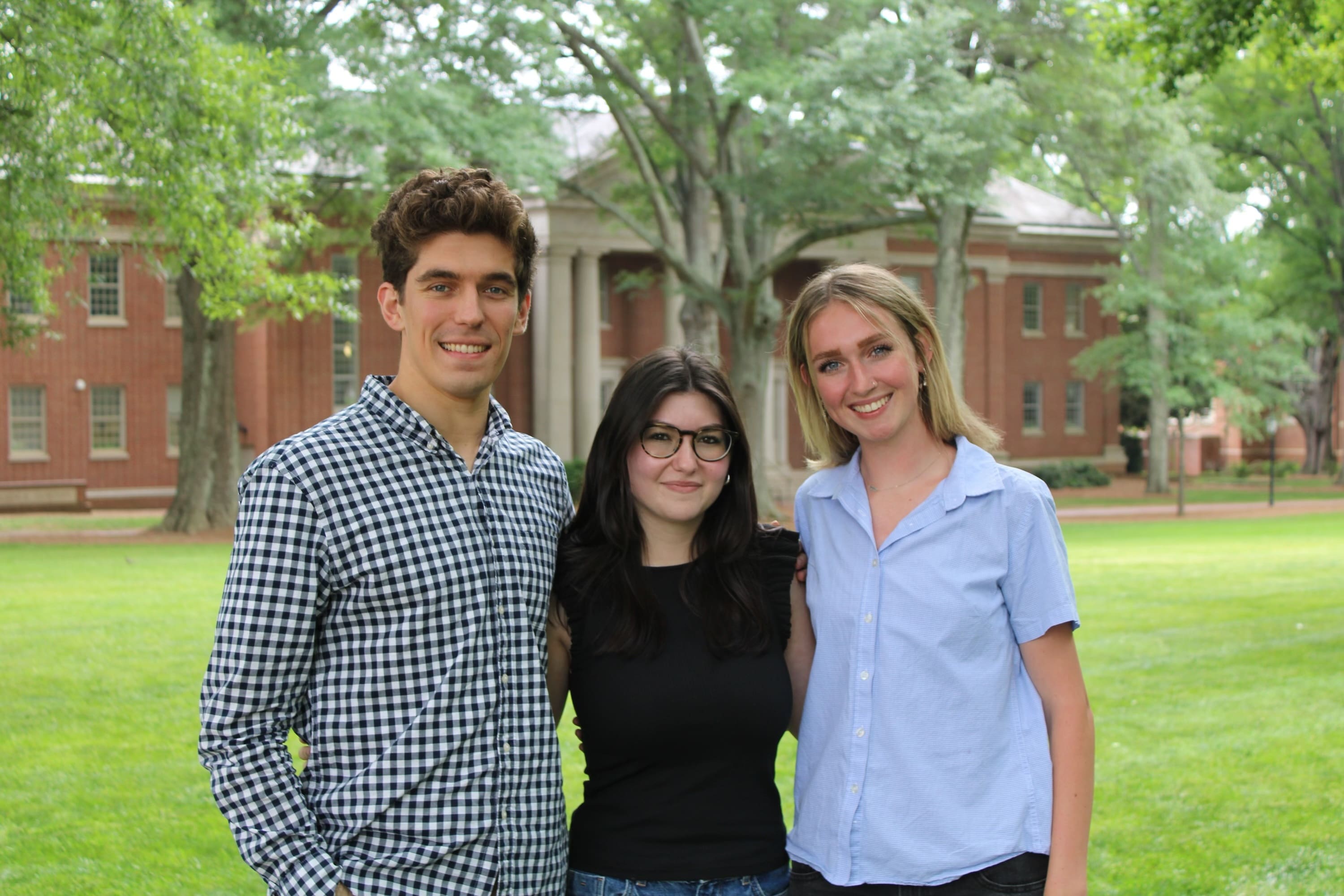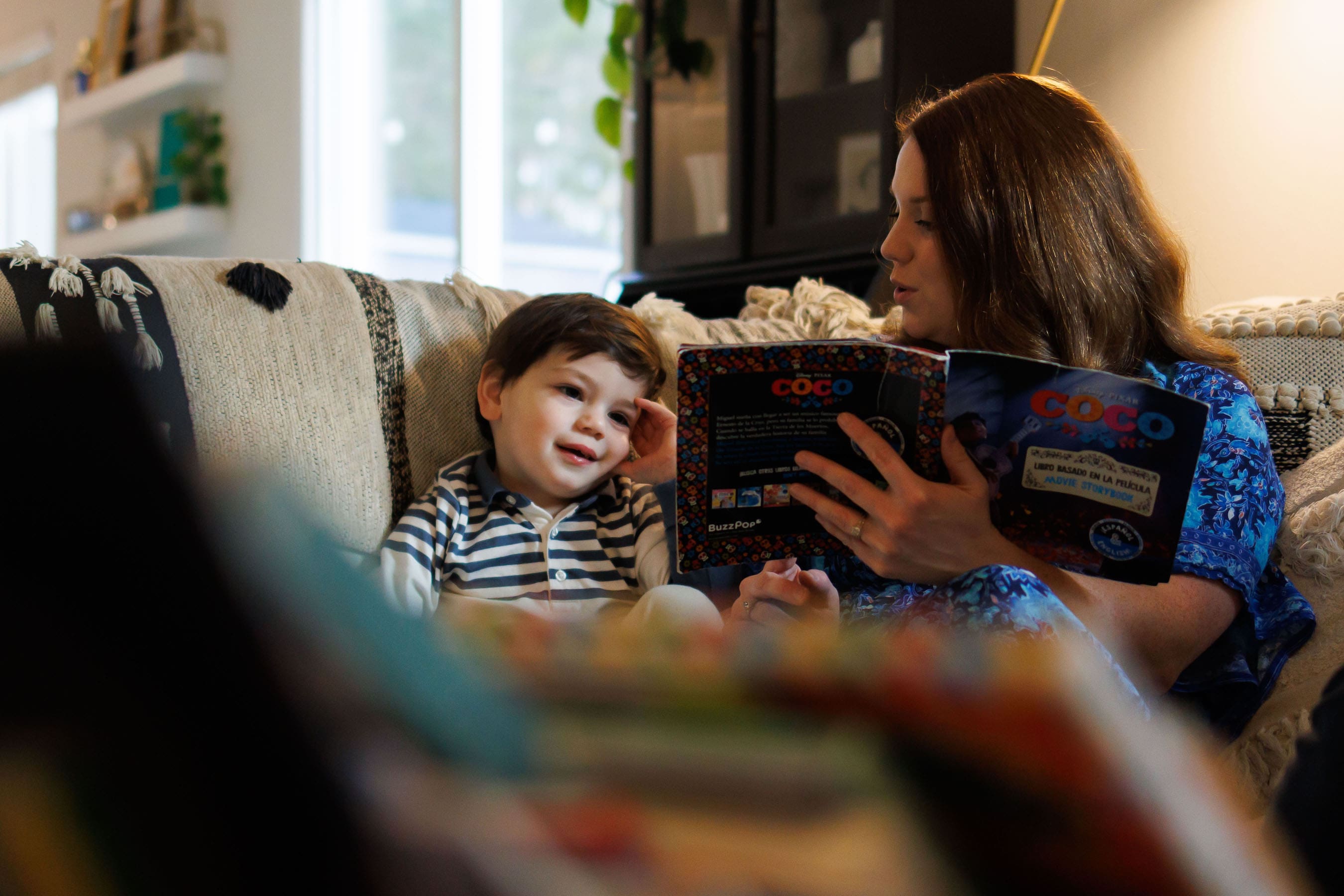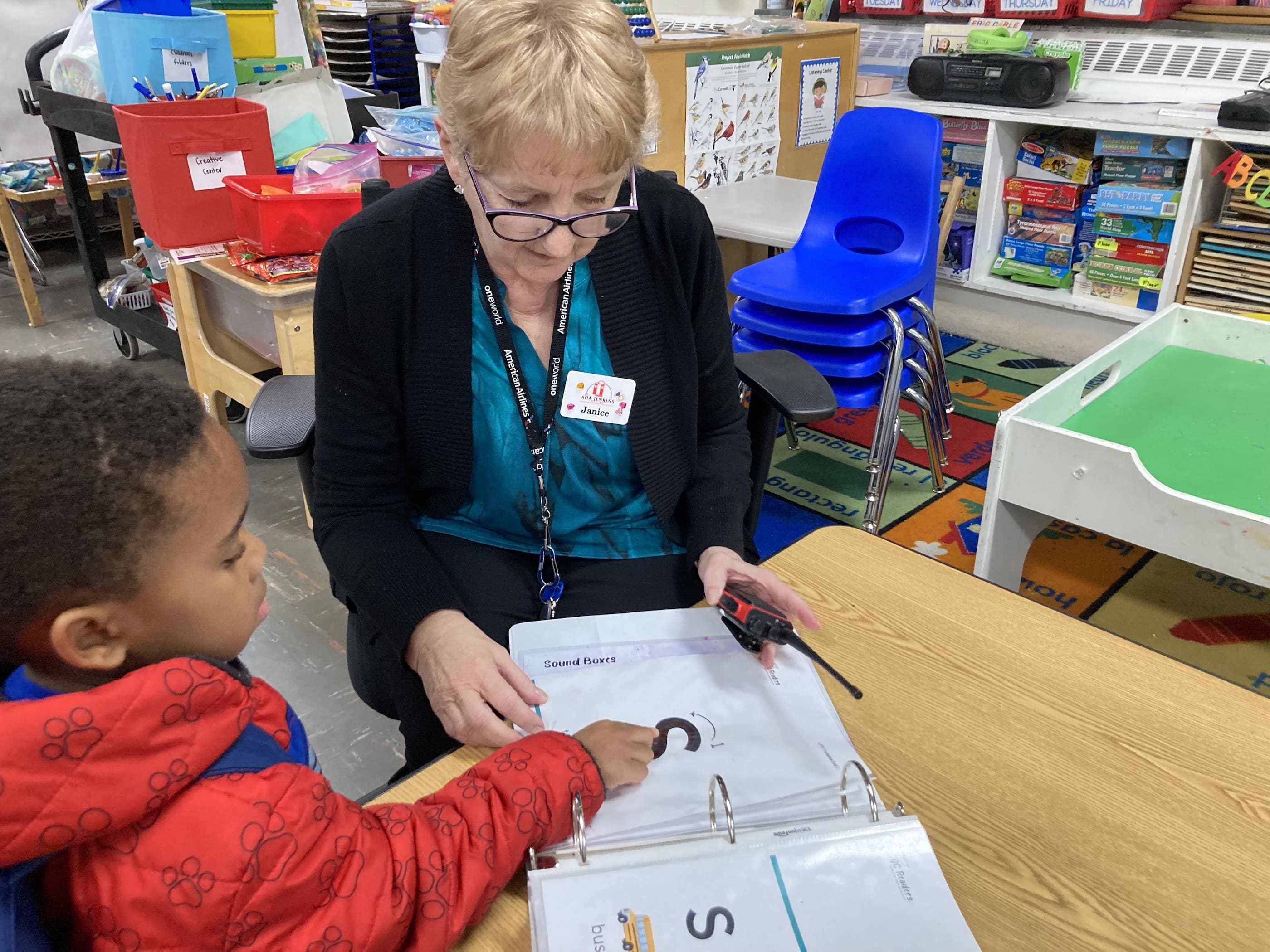Part IV: CONNECTING WITH COMMUNITY PARTNERS
Written by Liz Bertrand
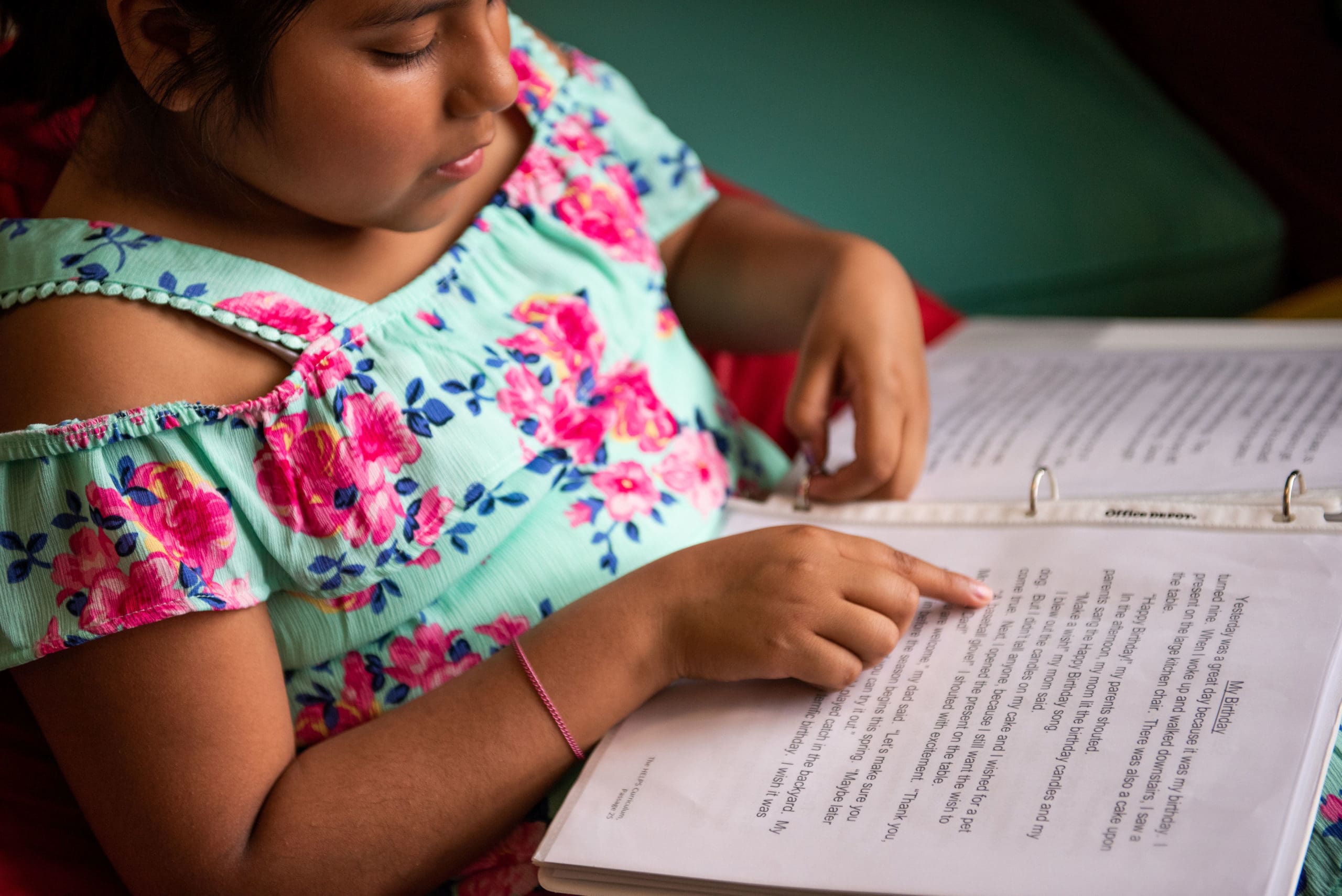
Each Read Charlotte Transformation Network site is a collaborative effort between many different community organizations, coming together to support literacy efforts focused on readers through grade 3. This includes non-profit and faith based groups but also many local businesses, who want to support the people in their neighborhoods. Dr. Devonya Govan-Hunt, an educational advocate who has been supporting Reedy Creek Elementary School and has brought components of the Transformation Network to four other CMS schools (see Part III), says once businesses understand the importance of the program and see the role they can play, it’s easy to use RCTN’s model to get food for events and books in the hands of kids.
“We wanted to prove that you don’t need a whole lot of money or an organization that’s staffed with hundreds and hundreds of people,” says Govan-Hunt, who serves as president of the Charlotte affiliate of Black Child Development Institute. “We’re a very small organization. I think the idea we got from witnessing this Transformation Network come together was community.”
Read Charlotte also works with partners Promising Pages and Scholastic to get books into the hands of kids through Book-A-Paloozas, where scholars can pick three books to take home, and Book Swaps which keep books in circulation. “We know our scholars at Ashley Park live in neighborhoods that are book deserts,” says Marc Dickmann, RCTN co-lead at Ashley Park Pre-K – 8 School. “Scholars can’t read books at home if there aren’t books to read.”
At Montclaire Elementary, Scholastic provided new books for K – 3rd grade students at a reduced cost to Read Charlotte while Promising Pages dropped off gently used books for kids in grades 4 and 5 to make sure no one at the school was left out.
Another invaluable partner has been Charlotte-Mecklenburg Library. While CMS and the library have long worked to align curriculum goals and mission, RCTN has strengthened that relationship and their ability to coordinate strategically with many other local organizations.
“It’s really an opportunity to align with other community agencies,” says Martha Yesowitch, Community Partnerships Leader for Charlotte Mecklenburg Library and one of the co-leads at Sterling Elementary School. Through RCTN, she’s seen the relationship between school staff at Sterling and community partners deepen too. “We’re really comfortable sitting at a table together to say ‘OK, what do we do next?’”

So far, helping students to build home libraries and empowering parents through Read Charlotte have been the primary focus of Yesowitch’s work at the school. They are also natural fits with the library’s mission to improve lives and build a stronger community. By hosting events, she and other volunteers have helped introduce parents to literacy resources like Ready4K and Home Reading Helper as well as the library’s wide array of services from lending books to tutoring help.
To make it easier for families to attend, dinner is served. Parents opt into a presentation in English or in Spanish, the language spoken at home by many families at Sterling. While parents learn about a topic like Active Reading, kids participate in a story time and an art-based literacy activity before picking out books to add to their own home library.
One of the indicators Read Charlotte uses to evaluate success is the National Assessment of Educational Progress (NAEP), commonly referred to as the Nation’s Report Card. “There is definitely a correlation between scores on this proficiency test and the number of books at home,” says Yesowitch. “We’re trying to make it easy for kids to have books at home and fun with a kind of party atmosphere and [focus on] the correlation between books in the home and higher achievement.”
Reading proficiency is not only important for test scores. “As kids move from the point of learning to read to reading to learn, then they’re able to achieve in school and move through the school system successfully,” says Yesowitch. Ultimately, better readers will lead to a stronger community with a more successful and educated workforce.
Beyond Sterling, RCTN is helping to build stronger relationships between other schools and the library too. This year, for example, every student at Montclaire Elementary has been registered for the library’s Summer Break reading program. The local branch librarian visited the school and taught kids how to log their reading and other healthy activities over the summer for a chance to earn prize incentives. For the first time, Montclaire’s Literacy Facilitator Katie Fazio and other teachers will be able to track which kids have kept up with their reading over the summer. This is key since experts believe the cumulative effects of summers away from school are responsible for a great deal of the achievement gap.
“The best way to combat the summer slide is by reading during the summer,” says Fazio.
A CALL TO ACTION
RCTN is off to a powerful start, but to reach the 80% goal of all third graders achieving reading proficiency by 2025, these efforts must continue and expand. Charlotteans will need to mobilize in ways we have never seen before to impact all 59 schools Read Charlotte has identified as essential to reaching this goal.
“That’s our greatest opportunity and our biggest challenge,” says volunteer RCTN co-lead Marc Dickmann.
Click here to volunteer!
Click here to donate!
For specific inquiries, contact Sonya Castellino at sonya@readcharlotte.org.
